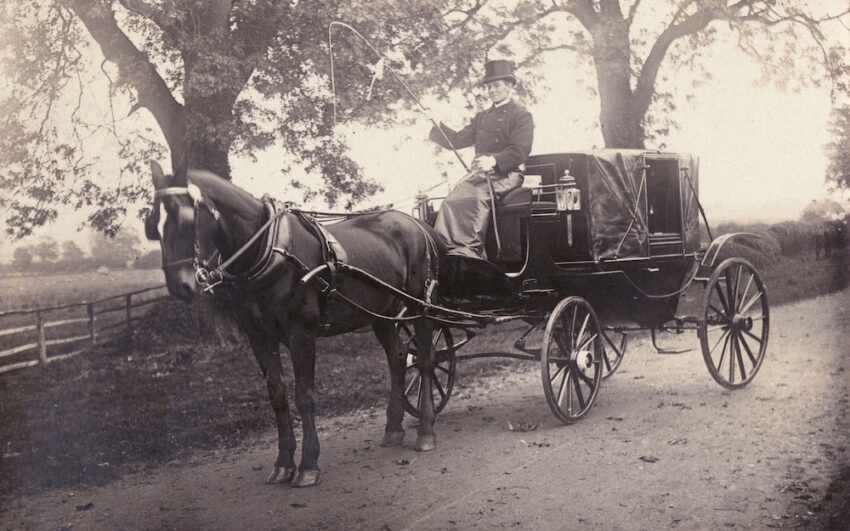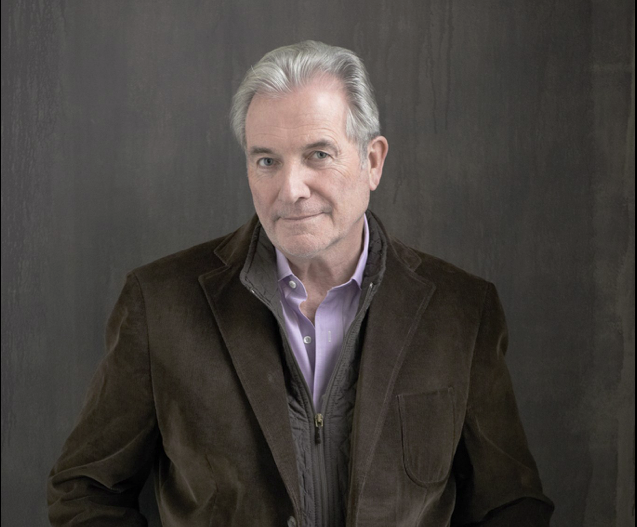The ancient Romans were known for many achievements—Roman numerals certainly come to mind—but did you know they were responsible for the creation of the tourist industry? They created the original Grand Tour, an itinerary from the lost city of Troy to the Acropolis, from the Colossus of Rhodes to Egypt, where the inaugural Nile cruise took them to the remotest parts of the empire.
Fast forward to the middle of the eighteenth century to the start of World War I, where we witness remarkable changes in leisure travel—the sheer volume of travelers, technology, choices of destinations, and even the opinions of what was considered worth seeing (TRAVEL SNOBBERY).
Back in 1760, when a traveler completed the Channel crossing arriving in Ostend or Calais, they had several modes of land transportation to choose from. If you happened to be extremely wealthy, you simply purchased or hired a private carriage and horses—a simple economy class category good for two passengers or an elaborate full size, comfortable for five, and travel “post-class”—which translates into fresh horses and drivers at designated stations along the main roads at various mileage intervals. There were even guide books listing post stations, and some included detailed maps. Some posting stations also served meals and provided accommodations. Posting was the number one choice for the majority of wealthy travelers.

Of course, not everyone had the financial resources to travel “post-class,” so they booked “diligence class.” Picture three stage coaches hitched together with a platform across the top for luggage and extra passengers. The diligence could carry up to 30 passengers and traveled between major cities in France, Switzerland, and Germany. Fares were cheap and schedules somewhat reliable.
The least expensive category/class of travel was the Vetturino system. In some European countries like Italy, diligence class was very limited, posting too expensive—so Vetturino class was very popular. Vetturinos were self-appointed guides who contracted with travelers to provide transportation, lodging, and meals along a specified route for a single price.
Is any of this starting to sound somewhat familiar? Here we are in the year 2022, and we have private jets wholly owned or time shared. 777’s that carry 75 passengers in the lap of luxury. Aircraft that provide private compartments that sleep two and provide showers to freshen up. Lie down beds in business class, premium economy, and of course, let’s not forget COACH!
I’m not exactly sure how many river vessels ply the waters of the Nile—but capacity on rivers worldwide has come a long way since Roman times. Reviewing the United States Tour Operators Association membership directory reflects just how successful the Vetturino style of traveling has developed into today’s leisure travel world.
I’ve heard it said that there is no such thing as a new idea—just old ones that marketing provides with a new makeover and introduces to a new generation of audiences. Not sure if that’s really true or not—does history repeat itself? All I know is that I keep hearing in my mind that popular Peter Allen tune recorded by Ann Murray in the ’80s called Every Thing Old is New Again. I recall how much I enjoyed that song. And I will always remember the beginning of my own personal leisure travel history—1964 vintage Vetturrino class with MTI Vacations. Chicago to Los Angeles to Honolulu to San Francisco to Las Vegas and back home to sweet Chicago!

Larry McCarthy has worked in the travel industry for more than three decades. He has more than 30 years of experience working with professional travel agents on their sales expertise as well as their product and destination knowledge.
Larry first began his career in 1984 with the Globus Family of Brands. In the course of covering 14 Midwest states, he developed relationships with thousands of travel professionals. His talent and passion for sales, marketing, and destination training aided in advancing his career to the position of National Sales Training Manager, Director of National Accounts, and finally, Director of Travel Industry Relations. He has developed and delivered targeted sales training to numerous national accounts, industry consortia, travel trade organizations, and the home-based channel. Larry has achieved exponential success from his informative, educational, and entertaining presentations.